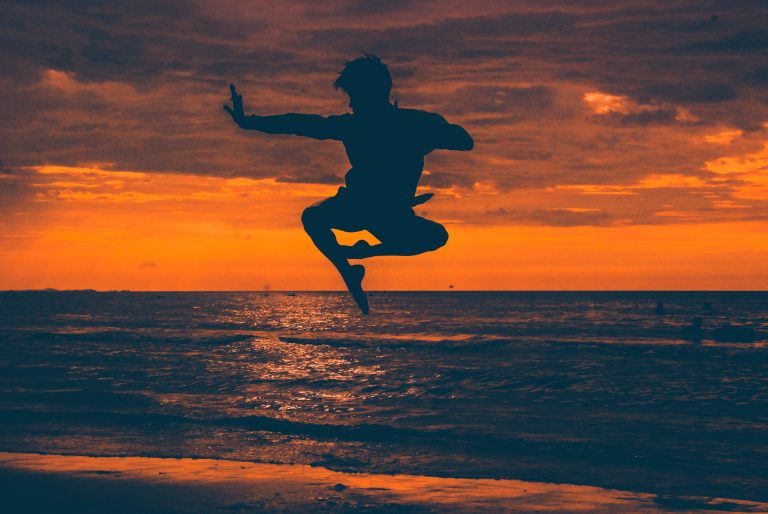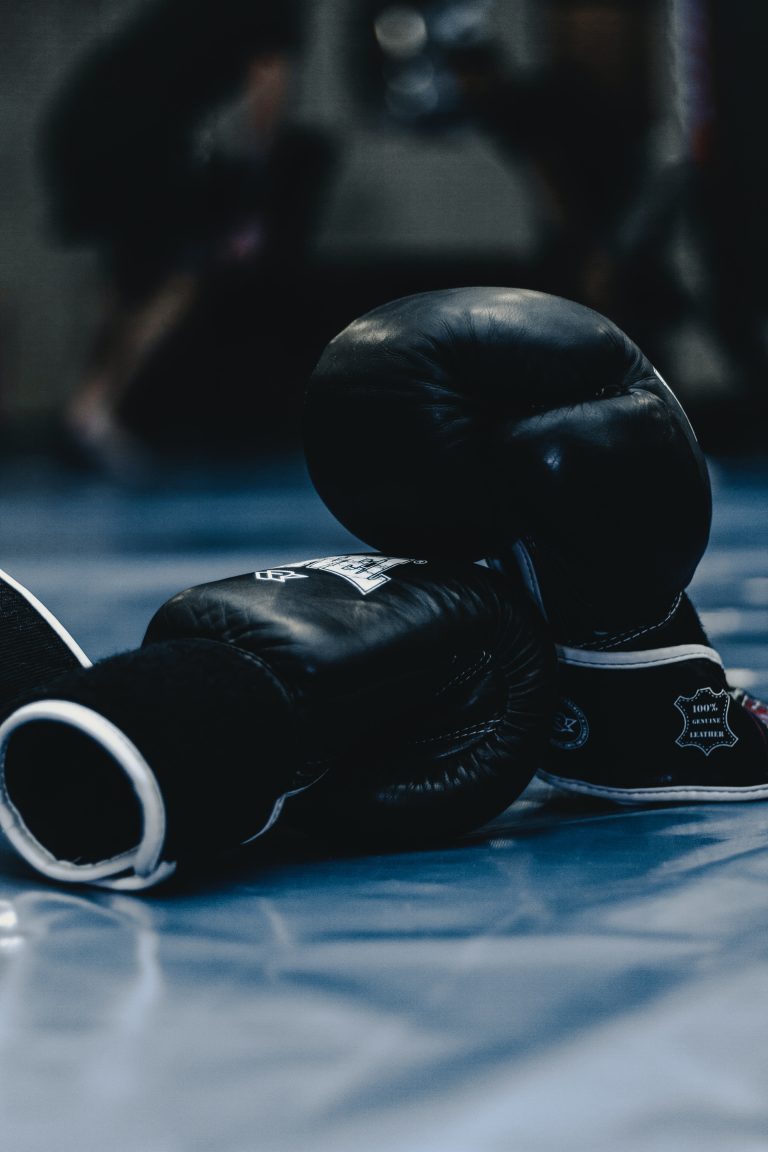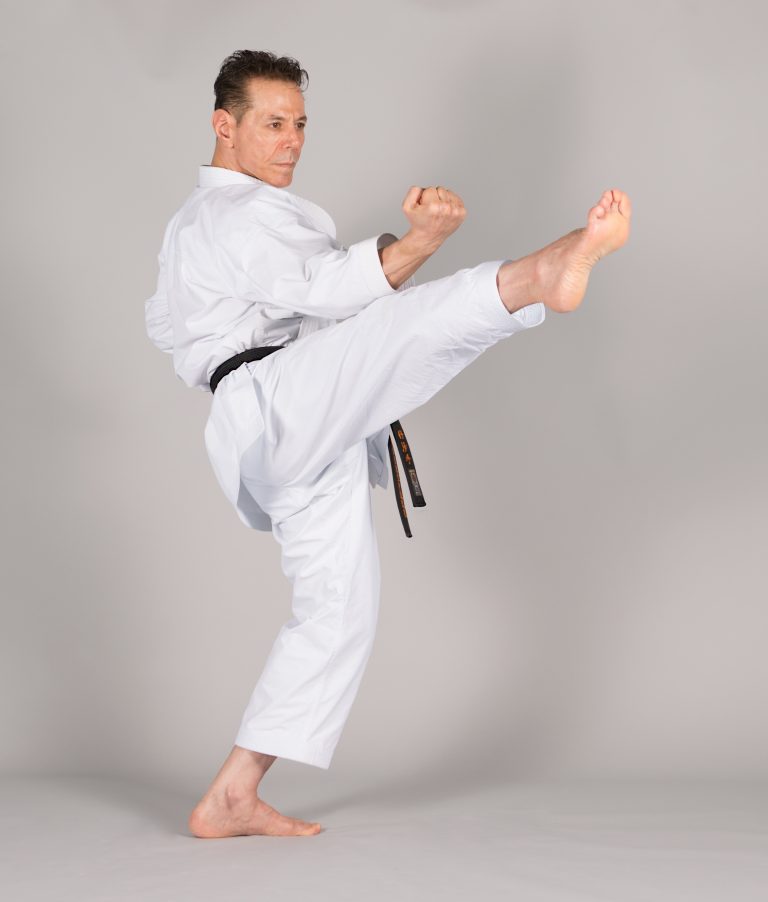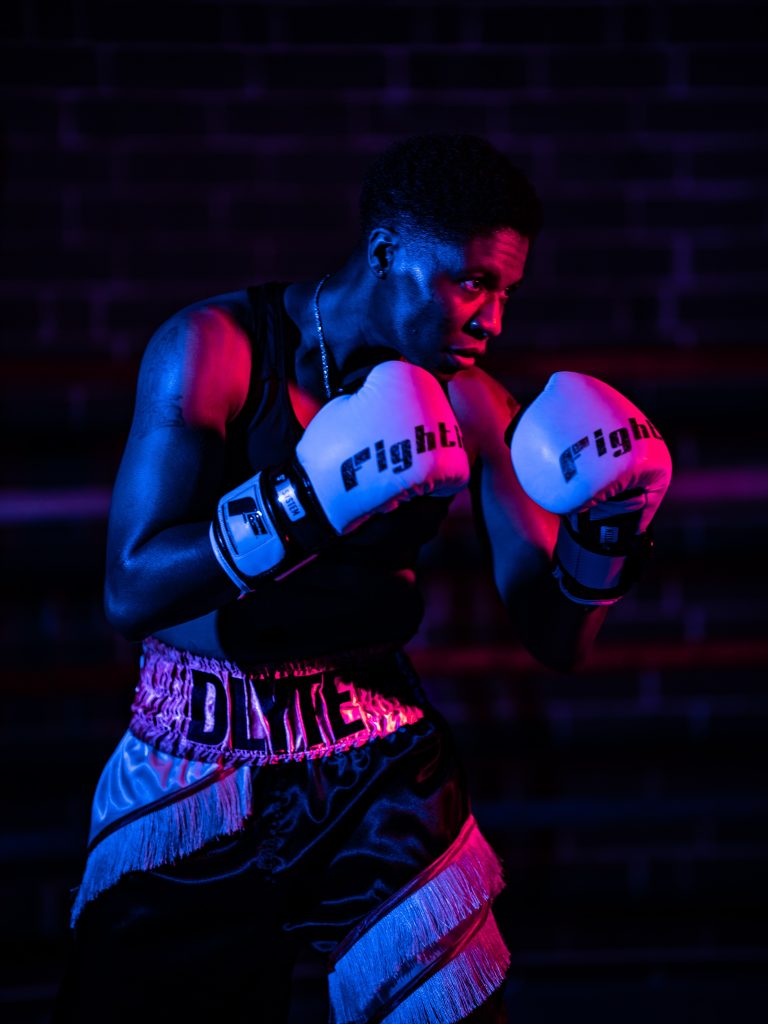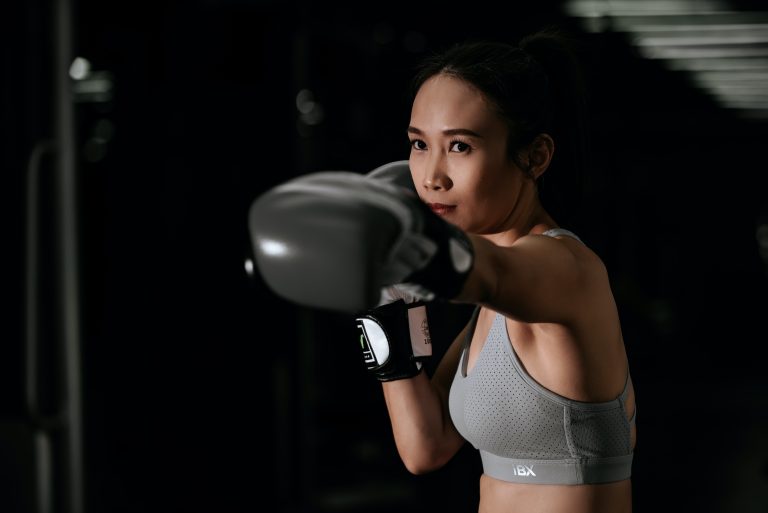How Should Karate Be Viewed as a Martial Art?
Karate has been one of the most popular martial arts in the world for over a hundred years. Karate originated in Okinawa, Japan, and has since spread to every corner of the globe. Today, millions of people practice karate as a way to improve their physical fitness, self-defense skills, and mental discipline. Karate is a complex and multifaceted martial art with many different forms, techniques, and philosophies. But how should we view karate as a martial art? In this post, we’ll explore some of the different perspectives on karate and try to answer this question.
A Sport or a Martial Art?
One of the most common debates in the world of martial arts is whether karate should be viewed as a sport or a martial art. Some people argue that karate is essentially a competitive sport, with an emphasis on scoring points, winning tournaments, and following rules. Others maintain that karate is first and foremost a martial art, with an emphasis on self-defense, personal growth, and the development of character.
The Importance of Tradition
Another important aspect of karate is its deep roots in Japanese culture and tradition. Many karate schools emphasize the importance of respecting tradition, learning about Japanese history and philosophy, and practicing meditation and other traditional disciplines. For these practitioners, karate is more than just a physical workout or a means of self-defense—it’s a way to connect with a rich cultural heritage and develop a deeper understanding of oneself and others.
The Spirit of Karate
Perhaps the most fundamental aspect of karate is its spirit. Karate is often associated with discipline, respect, humility, and perseverance. These values and attitudes are embodied in the practice of kata, a series of prearranged movements that are performed with precision and focus. Kata is not just a physical exercise—it’s a mental and spiritual exercise as well. Through the practice of kata, karate practitioners seek to cultivate a calm, centered mind and a fierce, indomitable spirit.
The Unity of Body, Mind and Spirit
Ultimately, then, karate should be viewed as a holistic discipline that unites body, mind, and spirit. It is not just a sport, a self-defense system, or a cultural tradition—it is all of these things and more. For those who practice karate, it represents a way of life, a path of personal growth and transformation. It is a way to cultivate physical fitness, develop mental discipline, foster spiritual awareness, and connect with a community of like-minded individuals. Whether we view karate as a sport, a martial art, or something else entirely, we can all appreciate its profound and lasting impact on the lives of millions of people around the world.
How Should Karate Be Viewed as a Martial Art?
Karate, a Japanese word that means “empty hand,” is no longer just a form of self-defense; it has evolved into a popular sport and a way of life for many people around the world. Karate is considered to be one of the most popular martial arts, and it has gained a huge following of enthusiasts globally. Karate is not only about physical strength, but it also emphasizes focus, discipline, and mental fortitude.
Despite its increasing popularity, many people still have questions about Karate as a martial art. In this blog, we will address some of the most frequently asked questions about Karate, and how it should be viewed as a martial art.
What Is Karate?
Karate is a Japanese martial art that evolved from indigenous fighting methods that originated in Okinawa, Japan. Karate is a physical discipline that combines kicking, punching, striking, and blocking techniques. It is also a mental discipline that teaches focus, discipline, and self-awareness. Karate practitioners also learn to meditate, maintain proper breathing techniques, and develop a strong sense of inner calm.
What Are the Benefits of Learning Karate?
There are many benefits of learning Karate, including:
- Self-Defense: Karate is an effective form of self-defense. Learning the proper techniques can help to protect you and your loved ones in a dangerous situation.
- Physical Fitness: Karate is a great way to improve your physical fitness. Practicing can help to improve your strength, balance, endurance, flexibility, and coordination.
- Mental Health: Karate can help to improve your mental health. Practitioners of karate learn how to stay focused, disciplined, and calm under pressure. It can also help to reduce stress, anxiety, and depression.
- Self-Discipline: Karate can help you to develop self-discipline. Practicing can help to increase your focus, attention to detail, and respect for authority figures.
- Confidence: Karate can help to improve your self-confidence. Learning new skills and techniques can give you a sense of accomplishment and a belief in your abilities.
Is Karate a Sport or a Martial Art?
Karate is both a sport and a martial art. Karate has been recognized as an Olympic sport since 2021. As a sport, Karate is highly competitive, with various age categories and weight classes for competitors. As a martial art, Karate emphasizes physical and mental discipline, self-awareness, and respect for others.
What Is the Difference Between Karate and Other Martial Arts?
While all martial arts share similar characteristics, Karate is unique in many ways. Here are some differences between Karate and other martial arts:
- Origins: Karate originated in Okinawa, Japan, while other martial arts, such as Taekwondo or Kung Fu, are from other parts of Asia.
- Techniques: Karate emphasizes striking techniques with the hands, feet, and knees, while other martial arts, like Judo or Brazilian Jiu-Jitsu, use throwing, grappling, and submission techniques.
- Training: Karate emphasizes traditional training methods, like katas and forms, while other martial arts might focus on sparring or self-defense techniques.
- Philosophy: Karate has a unique philosophy rooted in a code of ethics and emphasizes respect for others.
What Do You Need to Start Practicing Karate?
To start practicing Karate, you will need:
- Karate Uniform: You will need a Karate uniform, also known as a gi. They come in various sizes and are usually white or black.
- Belt: A colored belt represents your rank in Karate. Beginners usually wear a white belt.
- Protective Gear: Depending on the level of training, you may need to wear protective gear like gloves, shin guards, mouth guard, and a chest guard.
- Training Space: You will need a space to train that is safe and free of distractions.
Is Karate Suitable for All Ages?
Karate is suitable for all ages. Children as young as four can start practicing Karate, while there is no age limit for adults. Karate classes are usually divided into age and skill levels, so it is easy to find classes that are suitable for you.
What Are the Different Karate Belts and Levels?
Karate has a ranking system that uses various colored belts to represent different levels of experience and proficiency. Here are the different Karate belts, from beginner to master level:
- White Belt: Beginners usually start with a white belt.
- Yellow Belt: This represents the first rank you can achieve after the white belt.
- Orange Belt: This represents the second rank you can achieve after the white belt.
- Green Belt: This represents the third rank you can achieve after the white belt.
- Blue Belt: This represents the fourth rank you can achieve after the white belt.
- Brown Belt: This represents the fifth rank you can achieve after the white belt.
- Black Belt: This represents the highest rank you can achieve in Karate.
Conclusion
Karate is a martial art, a sport, and a way of life that is suitable for people of all ages, genders, and abilities. Learning Karate can offer many benefits, including physical and mental fitness, self-defense, self-discipline, confidence, and respect for others. We hope that this article has answered some of your questions about Karate and how it should be viewed as a martial art. If you are thinking of starting Karate, we encourage you to find a reputable dojo or instructor, and start your journey towards physical and mental wellness.
Inhaltsverzeichnis

